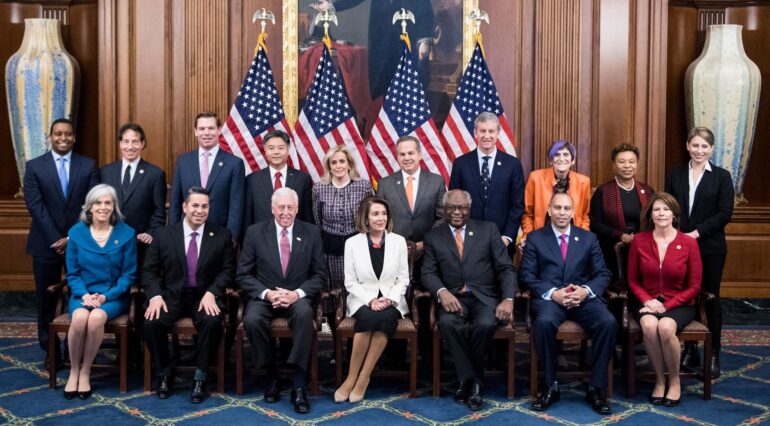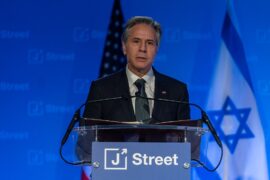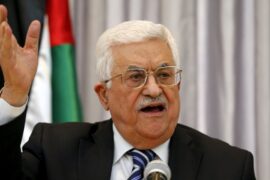A United States Congressional sub-committee on State and Foreign Operations voted last week to include legislation in its budget for the upcoming fiscal year that would devote tens of millions of dollars to promoting cooperation between Israelis and Palestinians.
Shortly after taking office, President Donald Trump ended all US investments and aid to the Palestinian economy. With it, hundreds and potentially thousands of jobs (including some very high paying jobs) were lost and many infrastructure and health projects were ended.
One of the more contentious cuts was Washington’s annual “people-to-people” funding.
Of the $26 million provided worldwide, about $10 million of it has been dedicated to programs in Israel. US House and Senate Democrats were most upset about these cuts.
Organizations that were funded by this initiative, like all US funding in the region, were forced to agree to certain terms and conditions that include organizational acceptance of Washington’s agenda for a “two-state solution.” Hence, organizations most likely to accept this money tend to be kumbaya organizations that many on the Palestinian side see as normalizers in need of boycott. When we think of the most generic coexistence type of work, they are usually funded by this initiative.
Last Tuesday night, a Congressional subcommittee voted to include a budget line item to revive this initiative, and even expand it to promote “joint economic development and finance ventures between Palestinian entrepreneurs and companies and those in the United States and Israel to improve economic cooperation and people-to-people peace-building programs, and to further shared community building, peaceful coexistence, dialogue, and reconciliation between Israelis and Palestinians.”
Additionally, one of the aims of the fund (run by the US Agency for International Development – USAID – and the State Department) is to “improve the quality of life, stimulate the economy, and advance security by creating private sector jobs for Palestinians in the Palestinian territories and furthering the development of a Palestinian middle class.”
The proposal has gained bipartisan support, and has been lauded by both J Street and AIPAC, as well as other Jewish establishment organizations in the United States.
After three years of weaning their heavily aid dependent economy off the United States due to Trump’s cuts, Palestinian support for the two-state paradigm has hit record lows. It is no surprise that Washington’s response has been to pump money to placate Palestinian businessmen who provide sparse employment under typically exploitative conditions, to once again manufacture support for partition.
As the Israeli masses meanwhile become increasingly nationalistic, with a growing antagonism to dividing the land, the US funding the same tired old Liberal Zionist NGOs should come as no surprise. In addition to promoting the country’s division into two states, all organizations eligible for this funding must fill out erroneous grant proposals that require extremely high levels of English and grant procedures, not found in any but Israel’s most privileged elites.
Let’s not fall for the flowery language about coexistence, which is at best framed through the Western colonial mindset of numbing opposition and promoting and empowering within the respective societies select groups willing to sell out their people’s aspirations for personal material benefit and the ability to create mini fiefdoms for themselves. American money will contribute to a plague of over salaried white savior peace industry NGOs, forcing an imperialist agenda and antiquated two-state paradigm, which both Israeli and Palestinian societies are in the process of shedding themselves from.
The United States has been fueling this conflict for decades. This rush to increase funding to irrelevant organizations isn’t a coincidence. It’s Washington attempting to get its Mideast agenda back on track. This money will likely go to little more than taking photos of Jewish and Palestinian children hugging and playing soccer, all for the sake of a neo-colonialist two-state agenda.





